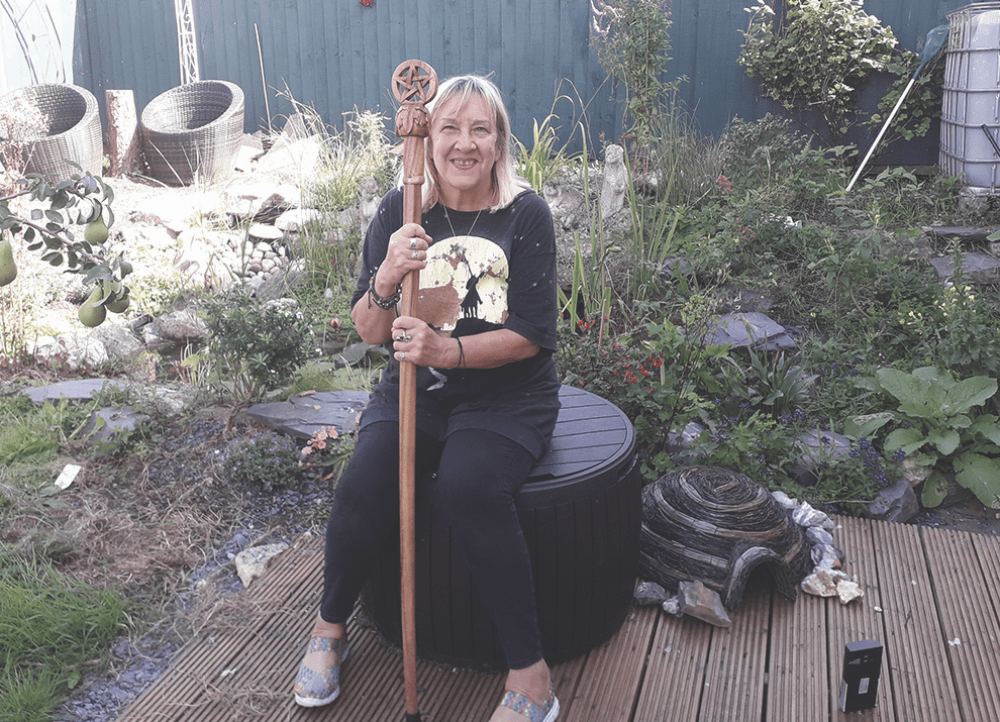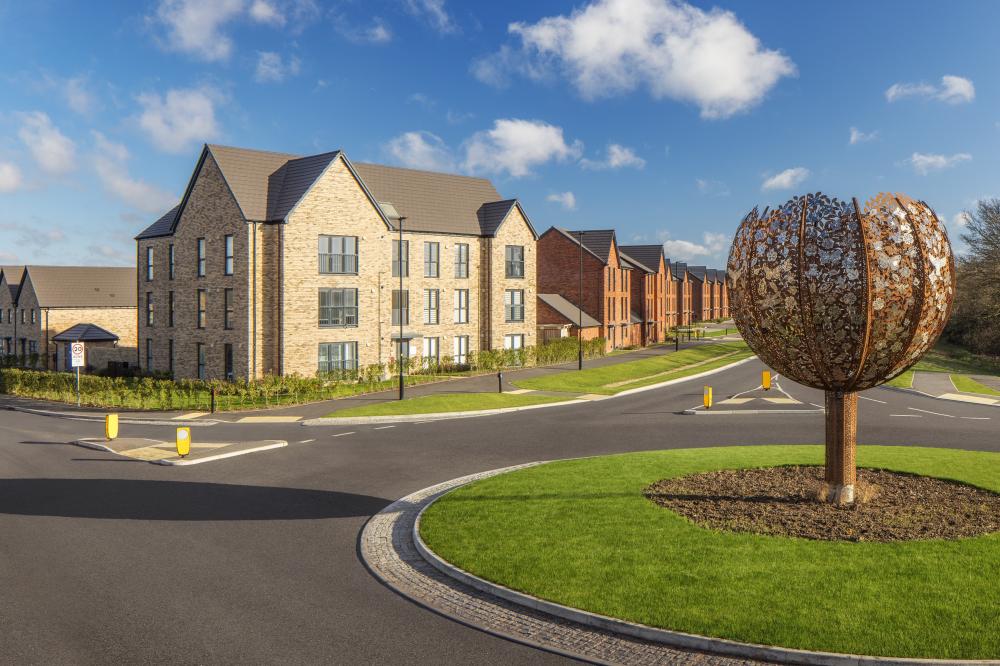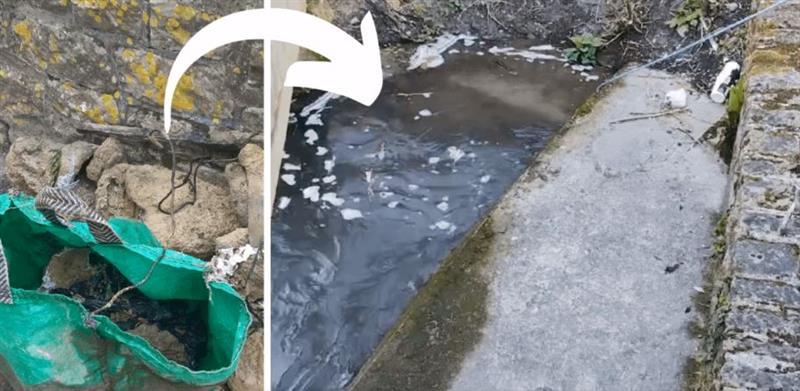A veteran Swindon environmentalist says wildflowers in gardens and other spaces should be encouraged.
Glynis Hales, who lives in Freshbrook and presents the Birds and Bees radio programme on Swindon 105.5, insists the plants are vital to the soil, the air, wildlife and the environment as a whole.
She said: "What I'm trying to get through to people is that the wildflower is doing a lot. We've lost, some say, 97 percent of our wildflower meadows since the 1930s.
"There are various studies, although it's a bit of a new science. Everyone is putting trees in to sequester the carbon, to take it out of the air.
"The thing with trees is that they do, but they put the carbon in their trunks - that's why they get so big.
"When wildflowers sequester carbon, they sequester it into the soil, so when you have wildfires they will burn all those trees and release that carbon, but if you've got wildflowers, yes, they will be burned off, but you can very quickly re-seed and they will start sequestering the carbon that year - whereas if you plant trees it's going to take a while before they start doing their job.
"We need both, of course, but I think more emphasis, especially as we're in a race against time, needs to be on the wildflowers and what they're doing."
Glynis, in common with the authors of many studies, believes modern farming methods have disrupted a great deal of the natural balance. She said: "Nature has been doing this for millions and millions and millions of years. Homo sapiens have only been on the planet for 250,000 years.
"We've only been farming, possibly, for about 10,000 years. So we don't know what we're doing. We've got no idea.
"For example, people use pesticides but the pesticides get rid of everything, the good guys and the bad guys. The problem is that you then need to keep on using these pesticides because other pests come along and start eating your plants!
"If you just leave it to nature, the natural pesticides are wasps, lacewings, earwigs and all these other insects.
"Yes, you're going to lose a bit of your cabbages or whatever, but we're not doing without at the moment and I think we should allow that."
Glynis would like to see more public land given over to the natural growth of wildflowers, and more people allow at least part of their own garden to be natural.










Your Comments
Be the first to comment on this article
Login or Register to post a comment on this article